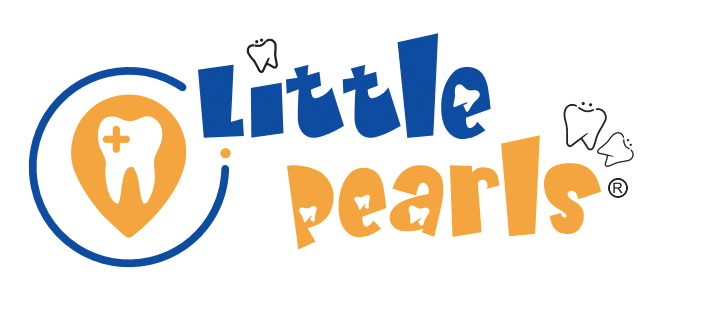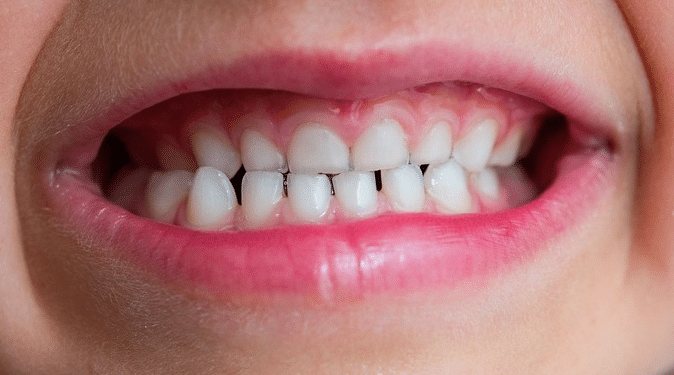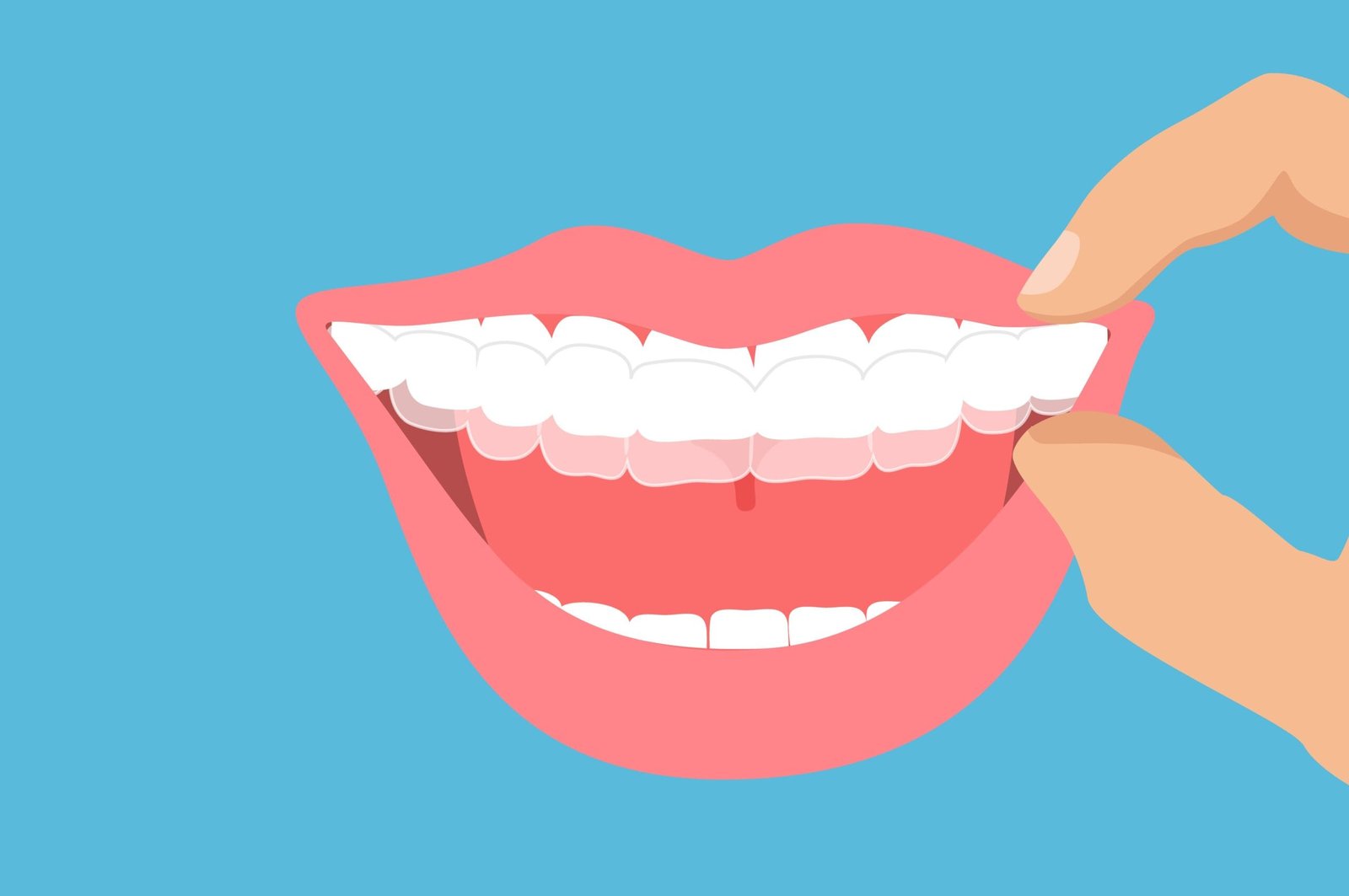
By Little Pearls Pediatric Dentistry
Oral hygiene is crucial for your child’s little teeth. There is a lot you can do care for your child’s teeth and gums from an early age, including monitoring their diet and cleaning their teeth. You should also establish brushing and flossing habits, so your child knows how to care for their teeth. Keep reading to learn more about keeping your child’s teeth healthy.
Keep an eye out for baby teeth
Clean their gums
It is important to start cleaning your child’s teeth before they even break through their gums. Before you notice your child teething, you can start using a wet washcloth to remove bacteria from their gums. Bacteria that rests on your child’s gums can be very harmful, so caring for your child’s teeth starts early. This will also help their teeth grow in properly.
Brush twice a day
When your child’s teeth start coming in, you can start brushing them. It only takes a small amount of toothpaste. If your child is three or younger, you should only use toothpaste that is about the size of a grain of rice. If your child is older than three, you can use a little more toothpaste, about the size of a pea. You can start brushing their teeth for about two minutes in the morning and in the evening. This process will help set up good brushing habits for your child while protecting their teeth.
Let your child select a toothbrush
As your child gets older, they may want to have more control over their own life. You can encourage proper dental hygiene practices and give them a little freedom by allowing them to choose a toothbrush. Selecting a brush with their favorite TV characters or a favorite color can make it more fun to brush their teeth. You can also let them choose a toothpaste so they like the flavour and texture.
Floss once a day
You can start flossing for your child once a day whenever they have two teeth that touch. Typically, the front bottom teeth are the first to come in. When they break through the gums and start to touch, you can use floss to clean between their teeth. This practice will keep cavities from forming and protect their teeth. Also, you can start to teach your child proper flossing techniques from a young age.
Brush and floss together
When your child gets a little older and can brush and floss on their own, you can set aside time to brush your teeth together. Start your mornings by brushing your teeth for two minutes and flossing, then do the same thing in the evening. You can make the time more fun by playing a song while you brush your teeth or making up a game. Watching you brush your teeth will encourage your child to take care of their own teeth. Special kids need the guidance of parents or guardians while brushing & flossing.
Visit the pediatric dentist
Trips to the dentist should be a regular part of your child’s life as they grow up. Visit the dentist when their first tooth breaks through the gums, by their first birthday. The pediatric dentists will let you know if your child has issues with plaque or cavities. They can also provide valuable information on teething and caring for your child’s teeth. Our dental care system for kids at Little pearls dentistry is designed to prevent the onset of any serious dental conditions through early diagnosis. Your Pediatric dentists can also provide custom types of mouth guards to protect your child’s teeth from injury if your child is actively involved in sports.
Monitor your child's diet for optimal dental health
Your child’s diet can greatly impact the health of their teeth and gums. Juice or sodas that are high in acid and sugar can damage their baby teeth. Also, foods that have a lot of sugar can do damage to the enamel of their teeth. These issues put you child at a higher risk of developing cavities. Limit foods and beverages with a lot of sugar and acid to protect their teeth.
Watch how long they use pacifiers
A pacifier is a great tool while your child is very young or teething. However, these soothing tools can do considerable damage to your child’s teeth if they are used for too long. If your child uses a pacifier past the age of three it can impact the way their teeth line up or change the shape of their mouth. Consult your child’s dentist or doctor if they continue using a pacifier after the age of three.
!["Welcoming waiting area at Little Pearls Dental Care clinic in [City/Location]" "Child-friendly dental clinic interior with play area" "Exterior of Little Pearls Dental Care - Pediatric Dental Clinic"](https://littlepearlsdentalcare.com/wp-content/uploads/2024/02/logo.jpg)











